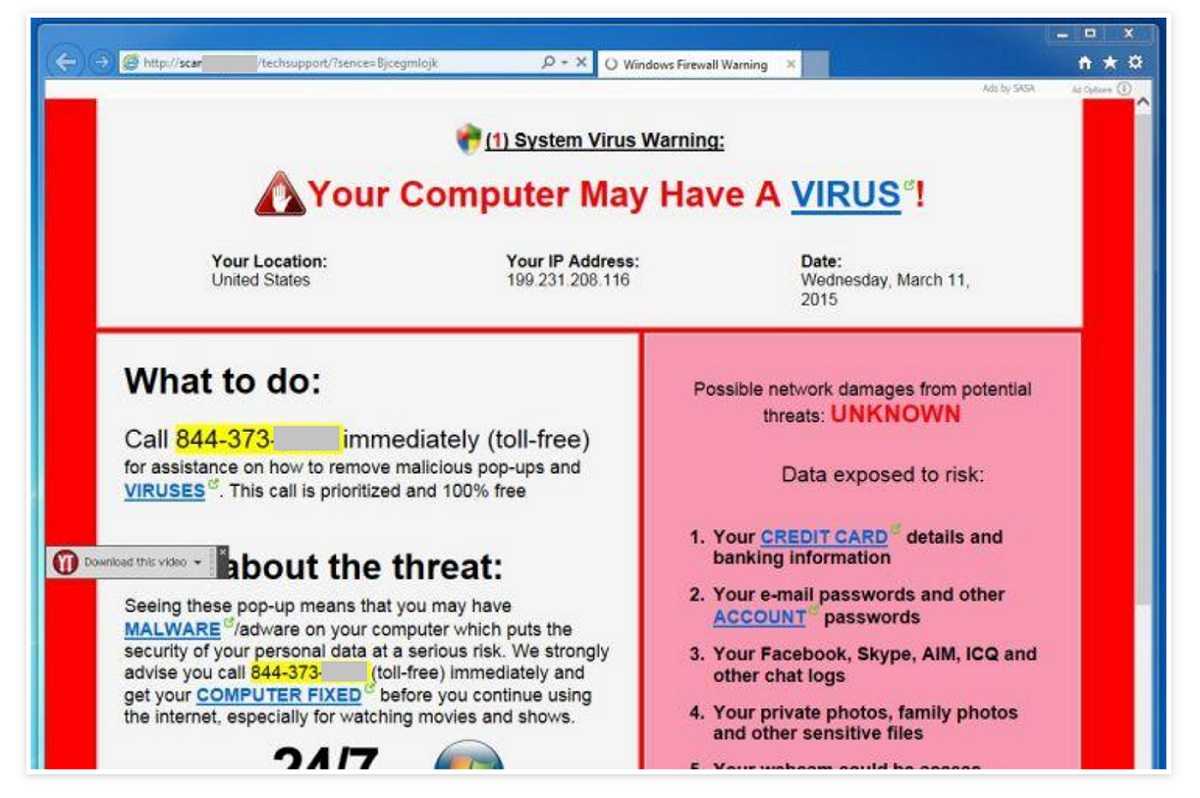Scammers Strive To Support You, Technically
November 30, 2024
Since at least October of 2022 the FBI has noticed an uptick in scams related to technical support. The scammers will pretend to be a company that is offering a technical support service that now wants to refund some money to you for a past service. There are other variations of the scam, but for the most part the goal is to get your information so they can do a wire transfer that steals money from you.
The information that these scammers try to steal is related to the victim's identity. They want to know names, addresses, and other information like financial account numbers. They will act like they're going to do a refund so they will try to get you to answer personal questions or they may even use software to try to get you to fill out forms that include your personal information.

If you don't want to be a victim, and let’s face it, no one des, don't respond to emails that have something to do with a service you're not sure you have even used before. Even if you know you have used the service, don’t just give out personal details without verifying who is receiving them and why they need them. It’s unfortunate, but you can't respond to and trust everything related to emails, texts, or phone calls you get. If you feel like someone is asking for more than they need to know, tell them you'll contact their company independently. Then find the official contact information on your own.
Finally, never ever ever, click on a warning or technical support pop-up window or respond to the information given. They are generally scams. Any service you utilize will not communicate with you via website pop-ups but will instead provide normal system alerts. And even those should be view with caution. Open the app on your phone or PC directly to verify messages or information.

Technical support scams are old news. They’ve been around for a long time; because they still keep working. But while most of us can assume there is some type of problem with our computer or mobile device nearly at any time, unknown people shouldn’t be calling you unsolicited to help.
If you do fall for one of these scams, contact the financial institution who issued your payment card or whatever financial institution you use and let them know what happened. They will cancel the card, pause activity on your account or do what is needed to help you resolve it.